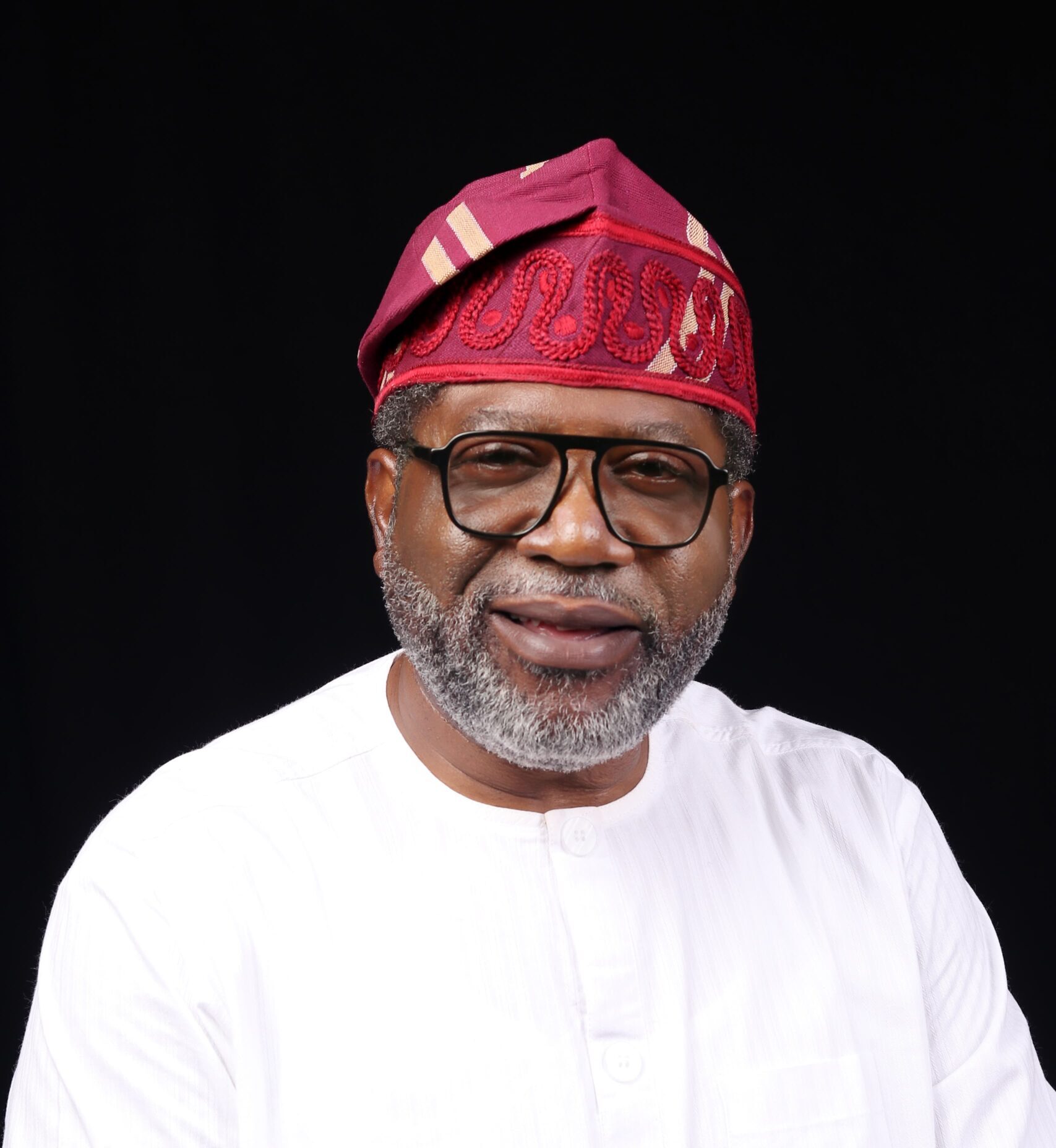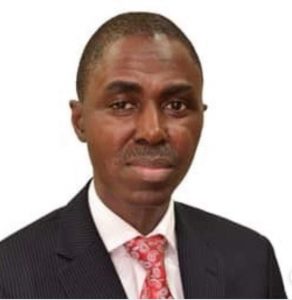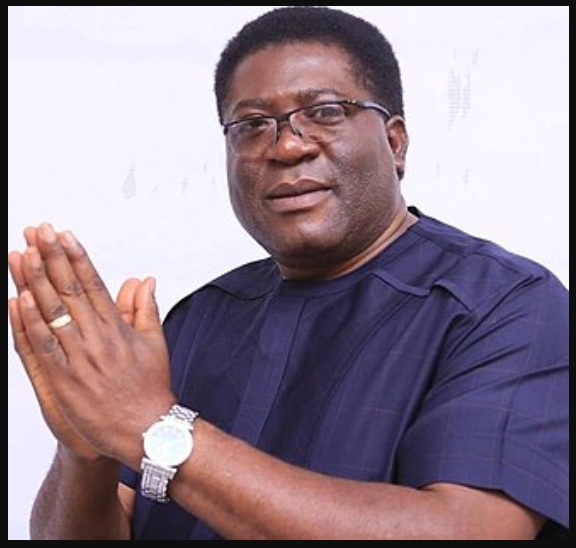The Nigeria Deposit Insurance Corporation (NDIC) has urged stakeholders in the financial services industry, policy makers, and members of the public to contribute feedback to the ongoing review of the International Association of Deposit Insurers (IADI) Core Principles for Effective Deposit Insurance Systems.
The revised draft, unveiled by IADI in May 2025, is part of a broader effort to strengthen global deposit insurance frameworks amid growing digital innovation and recent financial shocks. The update also incorporates lessons from the banking crisis of March 2023 — considered the most severe financial disruption since the 2007–2009 global financial crisis.
In a statement issued on Tuesday, the NDIC emphasized the significance of the Core Principles as a benchmark for evaluating the effectiveness of deposit insurance systems worldwide, including Nigeria’s. The principles are also key tools used by global financial institutions such as the International Monetary Fund (IMF) and the World Bank under the Financial Sector Assessment Programme (FSAP).
Originally developed in collaboration with the Basel Committee on Banking Supervision (BCBS) in 2009, the Core Principles are periodically updated to reflect changes in the global financial environment.
“As a founding and active member of IADI, NDIC recognizes the importance of this revision and invites all stakeholders and members of the public to participate in the consultation process,” said Hawwau Gambo, Head of Communication and Public Affairs at NDIC.
Interested parties can access the draft revised document via [this link](https://ndic.gov.ng/wp-content/uploads/2025/06/Draft-Revised-IADI-Core-Principles.pdf) and are encouraged to submit their comments in PDF format to [iadi@ndic.gov.ng](mailto:iadi@ndic.gov.ng) on or before June 30, 2025.
The NDIC said it views this collaborative process as essential in ensuring that Nigeria’s deposit insurance system remains robust, adaptive, and aligned with global best practices.













